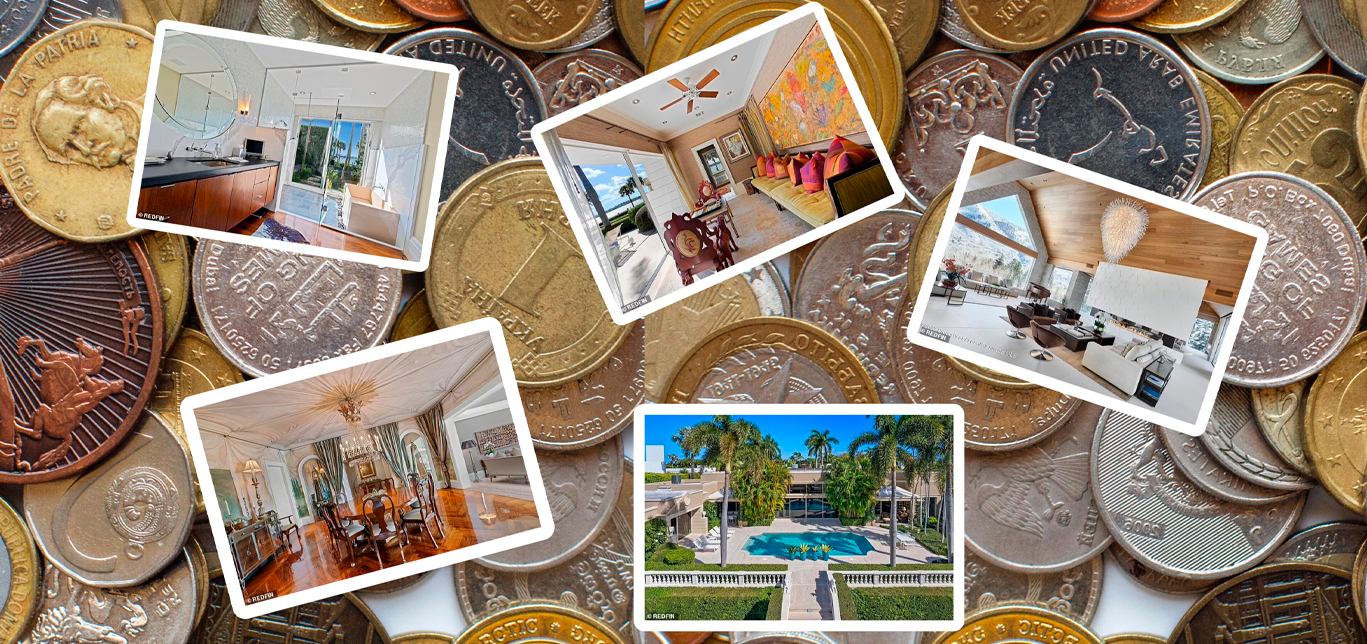The luxury real estate market in the United States is experiencing a remarkable boom, with prices of high-end properties surging by 9% in the past year, significantly outpacing the growth in sales of non-luxurious homes. This surge is being driven by an intriguing trend: affluent buyers are choosing to pay in cash to avoid the high mortgage rates, which currently hover around 8%.
According to data from the real estate portal Redfin, the average selling price of a luxury property in the US reached an impressive $1.1 million in the third financial quarter. In contrast, non-luxury homes saw a more modest increase of 3.3%, averaging $340,000.
The definition of a “luxury home” in this context is based on market value, considering properties within the top 5% of their respective metropolitan areas. A notable trend is the increase in cash transactions, now representing 43% of luxury home purchases compared to 35% the previous year. In contrast, only 28% of non-luxury homes were acquired in this manner.
Although sales of pricier properties are decreasing, the decline is occurring at a slower pace compared to the overall real estate market. Some cities, such as Tampa, Las Vegas, Austin, and Sacramento, are standing out with significant increases in luxury property sales.
The Redfin report also highlights the top ten most expensive sales between July and September, led by a mansion in Aspen, Colorado, sold for an impressive $76 million. This positive trend in the luxury market, however, comes amid broader challenges in the real estate sector, especially due to higher mortgage rates.
Mortgage rates, which rose for seven consecutive weeks, recently experienced a slight decline. However, these higher rates are putting pressure on the market, with many homeowners locked into 30-year mortgage deals when rates were at historic lows in April 2020.
Analysts from Wells Fargo warn of the possibility of the US real estate market entering a recession similar to that of the 1980s, due to higher interest rates over an extended period. This situation may not only affect demand but also restrict supply by reducing new constructions and discouraging potential sellers with low mortgage rates from listing their homes for sale. Amidst this scenario, the real estate market faces significant challenges despite the fascinating boom in luxury properties.
Text credits:By Journalist Flávio Bergmann
photomontage: by Vinícius Pascoal
